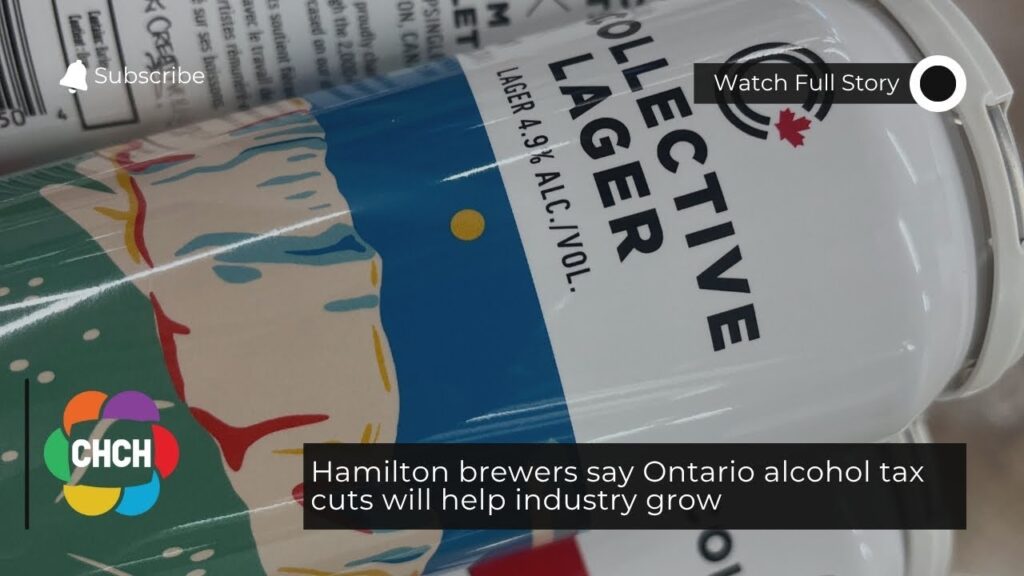
Introduction
The topic of alcohol tax cuts in Ontario has become increasingly significant as the provincial government seeks to balance economic recovery with consumer affordability. With rising living costs, many Ontarians are looking for relief, and recent tax proposals have aimed to address this issue. Understanding the implications of these tax cuts is crucial for both consumers and local businesses.
Recent Developments in Alcohol Taxation
In recent months, the Ontario government has been considering proposals to reduce taxes on alcoholic beverages in hopes of boosting sales and supporting local businesses struggling due to the pandemic. The issues were brought to the forefront during the last provincial budget discussions. Finance Minister Peter Bethlenfalvy signaled openness to revisiting tax structures for wine, beer, and spirits to enhance competitiveness against neighboring provinces and the unregulated market.
Current regulations impose significant taxation on alcohol, contributing to retail price increases. As a result of ongoing discussions, industry stakeholders, including breweries and wineries, argue that tax cuts could lead to lower prices for consumers and increased sales volume for producers. The potential for government revenue loss has been noted, but supporters argue that stimulating the economy could ultimately offset these losses through increased sales.
The Economic Impact
The impact of alcohol tax cuts in Ontario extends beyond just consumer prices. Local breweries and wineries, essential to the province’s agricultural economy, could see increased support. According to the Brewers Association of Ontario, small and independent breweries are currently struggling against larger corporations that benefit from economies of scale. Lower taxes could level the playing field, encouraging competition and innovation within the industry.
Moreover, tax reductions may lead to job creation within the sector. The hospitality industry, heavily affected by pandemic-related restrictions, stands to gain from the increased consumer spending in bars and restaurants if alcohol prices decrease. A report by the Canadian Centre for Policy Alternatives indicated that every additional dollar spent in local pubs and taverns results in two dollars added to the economy through job creation and taxes.
Conclusion
As Ontario navigates complex economic challenges, the discussion surrounding alcohol tax cuts represents a critical intersection of public policy, consumer interests, and business support. While the potential benefits for consumers and the local economy are clear, careful consideration is needed to address the fiscal implications. Stakeholders and consumers alike must stay informed and engaged as the province moves forward with its budgetary decisions. The outcomes of these discussions could significantly shape Ontario’s economic landscape, making this issue relevant to all Ontarians.



